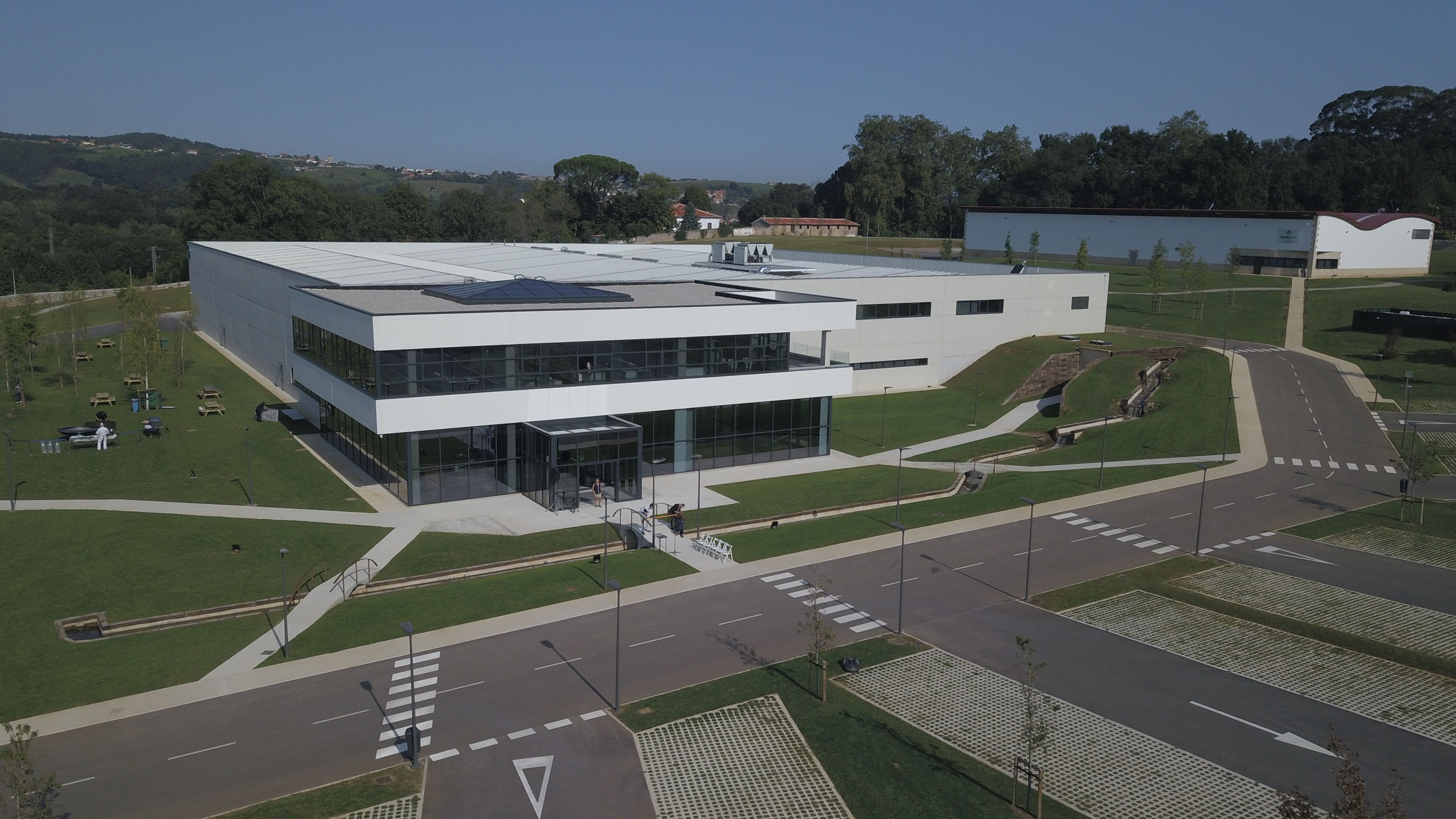On 5th June, coinciding with World Environment Day, Cantabria Labs wanted to position itself as a responsible company committed to caring for the health and quality of life of people and the planet. It defends and promotes sustainable management and the rational and efficient use of all resources, making visible a series of initiatives with which it contributes to caring for the environment.
This year's World Environment Day focuses on the issue of plastic pollution, which is one of today's major environmental problems. According to the World Health Organisation, more than 400 million tonnes of plastic are produced globally every year and it is believed that half of this material is designed for a single-use life. It is estimated that between 19 and 23 million tonnes of plastic waste end up in lakes, rivers and seas every year.
Along these lines, Cantabria Labs recycled more than 50 tonnes of plastic materials in 2022, avoiding the emission of more than 180 tonnes of CO2; they managed more than 400 tonnes of different types of waste, 91% of which was recovered, avoiding its deposit in landfills, rivers and seas. Also in 2022, 120 tonnes of vegetable waste from its processes were composted, which allowed electricity to be generated by cogeneration and was finally used as organic and natural fertiliser. With regard to paper and cardboard, they recycled more than 120 tonnes in 2022, thus avoiding the felling of some 1,700 trees, which offsets more than 350 tonnes of CO2 per year.
Cantabria Labs has also eliminated paper leaflets for its products, replacing them with digital information; it has integrated eco-design in the development of its new packaging; it has included recycled materials in its packaging (all its pill boxes contain 25% recycled material) and has reduced their weight to bring them into line with ECOEMBES; it has significantly reduced unnecessary packaging; it has established recycling points in all its offices and has eliminated waste bins; it is also in the process of replacing its fleet with ECO vehicles, among others.
The water laboratory makes it possible for the energy used to heat its facilities to be of renewable origin and free of CO2 emissions. The spring water, in addition to being at 39ºC and being a source of geothermal energy, emanates and has a flow rate equivalent to filling an Olympic-size swimming pool every day, which makes it possible to naturally irrigate the facilities, use it for consumption and, once purified, use it as an ingredient for topical products.
The pharmaceutical laboratory has internalised the importance of caring for the environment because: "it is impossible to take care of people's health if we do not have a faithful commitment to the planet we live on and the air we breathe," says Susana Rodríguez, CEO and General Manager of the company.
